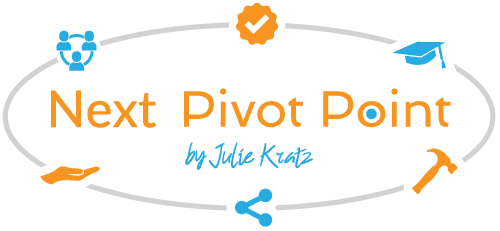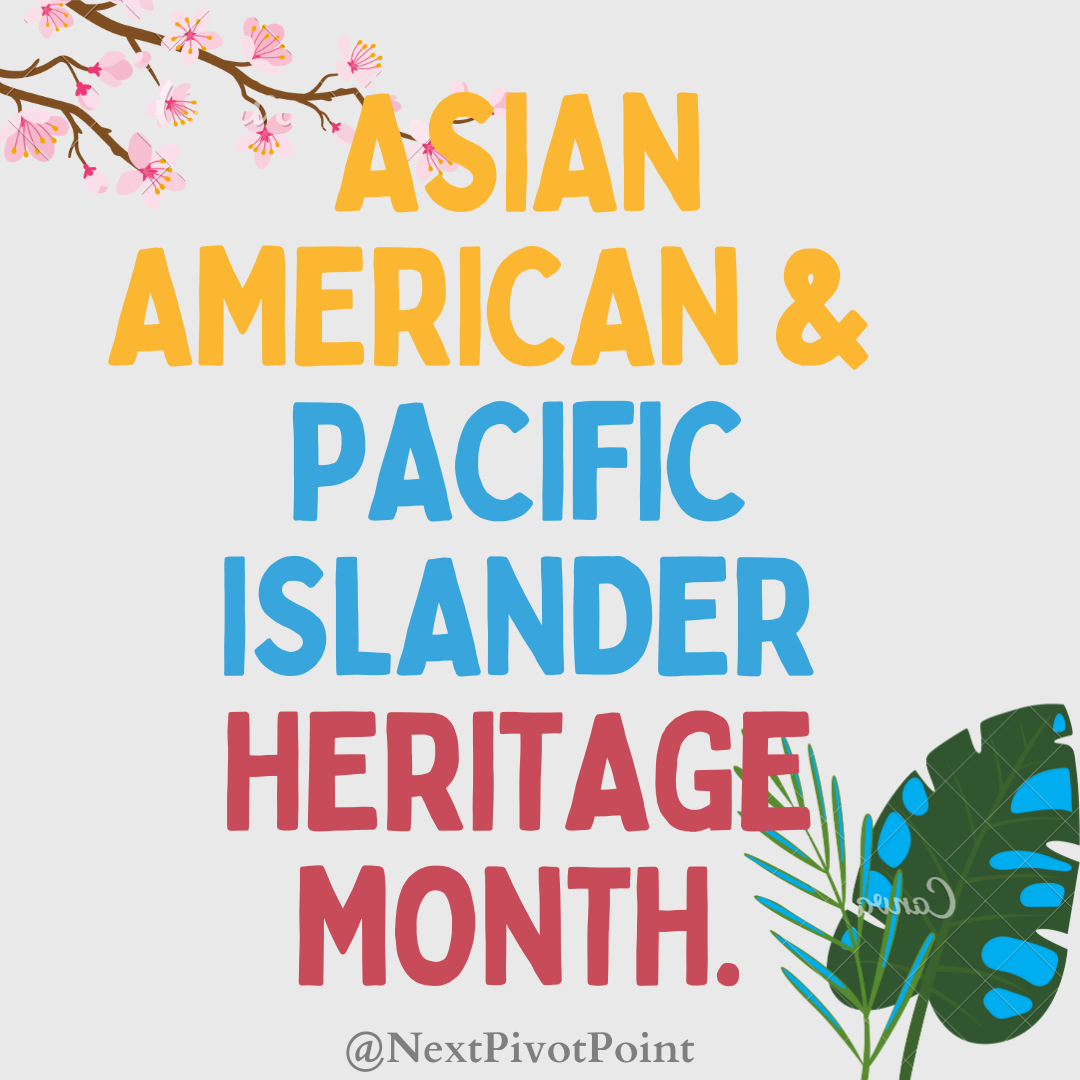AAPI Month provides an opportunity to celebrate the rich and diverse culture, traditions, and contributions of Asian American and Pacific Islander communities to American society.
May is celebrated as Asian American and Pacific Islander (AAPI) Heritage Month in the United States. It originated in the late 1970s. In 1977, Congress passed a joint resolution to commemorate the first ten days of May as Asian Pacific American Heritage Week. This week was chosen to coincide with two important milestones in Asian American history: the arrival of the first Japanese immigrants to the United States on May 7, 1843, and the completion of the transcontinental railroad, which was largely built by Chinese immigrants, on May 10, 1869.
In 1990, President George H.W. Bush signed a bill into law that extended the celebration of Asian Pacific American Heritage Week to the entire month of May, thereby establishing AAPI Heritage Month. This change reflected a growing recognition of the contributions and achievements of AAPI individuals and communities to American society, as well as a desire to promote greater understanding and awareness of AAPI history and culture.
Since then, AAPI Heritage Month has been celebrated annually in May with a series of events and activities that highlight the diversity and richness of AAPI cultures, as well as the challenges and opportunities facing AAPI individuals and communities in the United States.
AAPI Month provides an opportunity to celebrate the rich and diverse culture, traditions, and contributions of Asian American and Pacific Islander communities to American society. It acknowledges the impact and achievements of AAPI individuals throughout history, as well as their contributions to art, music, literature, science, and technology.
Celebrating starts with understanding the unique challenges of the AAPI community.
Many people don’t understand the unique issues that face the AAPI community. Often we understand our lived experiences or the lived experiences of others close to us but because of segregation and affinity bias, people often don’t understand the challenges other people face of different identities.
- Being asked “where are you really from?” Many AAPI people are born in the United states. Making the assumption that they’re not from here or don’t belong here is extremely othering. If someone says they’re from a specific state, believe them. Don’t press further. Furthermore, make sure this is not the first question that you ask someone that appears to be of a different ethnicity
- Being stereotyped as “smart,” “quiet,” and follower vs. leader are common misconceptions about the AAPI community. Stereotypes are harmful when we apply group labels to individuals based on their identity as a part of the group. For instance, it’s common when people see an Asian driver especially an Asian woman they assume that she will be a bad driver. Driving is an individual effort, your relationship to a group does not affect your driving skills.
- The “model minority” myth is a stereotype that characterizes Asian Americans and Pacific Islanders (AAPIs) as a group that has achieved success and upward mobility in American society due to their strong work ethic, cultural values, and educational achievements. This stereotype suggests that AAPIs are a “model” minority that should be emulated by other minority groups, and that they do not face the same systemic racism and discrimination as other minority groups in the United States. This creates unrealistic expectations and pressure on AAPI individuals to conform to the “model minority” stereotype, and can result in ignoring the challenges and struggles that many AAPI individuals face, including poverty, mental health issues, and discrimination. This reinforces the idea that other minority groups are responsible for their own lack of success and that systemic racism and discrimination are not significant factors. This can be damaging to other minority groups, as it can be used to justify their continued marginalization and exclusion from social and economic opportunities.
- Hate crimes against Asian Americans surged 161 percent in 2021, according to the Marshall Project, and continue to rise since.
A few years ago I had the opportunity to be on a panel to celebrate AAPI month at Wells Fargo. My focus was on how to be a better ally to the AAPI community. The other panelists were of the AAPI community and shared stories about their experiences. They shared everything from being underestimated in sports as a child to assumptions about them being passive in the workplace. We all need to challenge these stereotypes and harmful narratives.
Proper celebration is about intentional and consistent support of the AAPI community (not just in May).
- Learn about AAPI history and culture: Take some time to read about AAPI history and culture. Learn about the contributions and achievements of AAPI individuals and communities.
- Support AAPI-owned businesses: Visit AAPI-owned businesses in your area, try their products, and show your support by leaving positive reviews.
- Attend AAPI cultural events: Attend AAPI cultural events in your community. Many cities host cultural festivals and performances during AAPI Heritage Month.
- Donate to AAPI organizations: Consider donating to AAPI organizations that support the AAPI community. This can help provide resources and support for those in need.
- Speak out against hate and discrimination: Unfortunately, AAPI individuals have faced an increase in hate and discrimination in recent years. Speak out against hate and discrimination when you see it and stand in solidarity with the AAPI community.
- Follow Stop AAPI Hate: There are a plethora of resrouces to learn about the systemic issues affecting the AAPI community. Do your own research before asking those of marginalized communities to educate you. Offer help and support, not just in May, throughout the year.
- Share AAPI stories and experiences: Share stories and experiences of AAPI individuals and communities with your friends and family. This can help increase awareness and understanding of AAPI culture and history.
Celebrating AAPI month is celebrating our collective culture as Americans. It’s important that we all recognize the important contributions and learn more about what we can do to support the AAPI community year round.
At Next Pivot Point we have lots of resources to help you facilitate successful diversity and inclusion training. Schedule some time with our team today to discuss where to start or how to do better. You can also check out:
- Our available workshop topics for developing inclusive leaders.
- Our Train the Trainer programs for scalability within your organization
- Our Right-Sized DEI micro-content packages for consistent small-drip content throughout the year.

